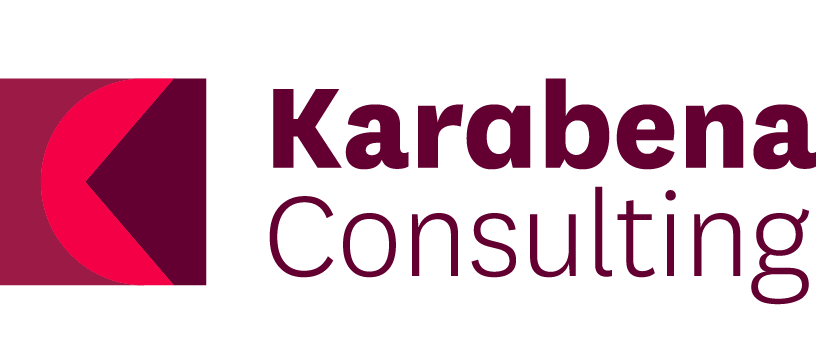Traumatology Talks: Black Wounds, White Stitches
The Australasian College for Emergency Medicine (ACEM) funded this project. A contract was entered into between ACEM and the Lowitja Institute, who then sub-contracted Karabena Consulting to undertake the work. As the ethics process delayed the project’s implementation, the Lowitja Institute transferred the project to Karabena Consulting to directly engage with ACEM.
ACEM is the not-for-profit organisation responsible for training emergency physicians and is responsible for setting standards for emergency departments (EDs) across Australia and Aotearoa New Zealand. As such, the organisation is key to influencing how culturally safe care is provided in EDs.
Who funded the project
The project aims were informed by ACEM’s vision to step towards achieving reconciliation with Aboriginal and Torres Strait Islander peoples by providing quality, culturally safe health care in EDs across Australia. To support this vision, ACEM commissioned Karabena Consulting to study cultural safety in ED settings from the perspectives of emergency service providers and Aboriginal and Torres Strait Islander service users.
To understand cultural safety in ED settings, we:
conducted a literature review;
conducted over 90 telephone interviews;
delivered peer research training with Aboriginal Liaison Officers to undertake face-to-face interviews with patients;
held and facilitated two online roundtables; and
employed qualitative reporting and data analysis techniques.
As a result of undertaking the research, we:
provided a Cultural Safety Advocacy and Implementation Plan to improve emergency care delivery for Aboriginal and Torres Strait Islander people;
identified conceptions of cultural safety from both First Nations people and ED staff; and
applied the information to further education and training opportunities for staff, future ED design, and ACEM’s research strategies and investments.
Summary
As identified in the Traumatology Talks report, the project aimed to:
provide recommendations for the development of a Cultural Safety Advocacy and Implementation Plan;
identify and apply Aboriginal and Torres Strait Islander conceptions of cultural safety; and
identify and apply ED staff’s conceptions of cultural safety.
Project aims
Over the duration of the project, we undertook ethics applications across six ethics committees.
The project’s methodology was primarily informed by a literature review. The literature review focused on:
the cultural safety needs of First Nations patients;
international research that informed the development of a cultural safety strategy; and
international research that informed the development of an implementation plan that advocates for the uptake of our recommendations in EDs across Australia and New Zealand.
Further, we carried out:
peer research training with Aboriginal Liaison Officers in each of the hospitals to undertake interviews with patients, their families and carers;
telephone interviews with doctors and nurses at each of the hospital sites, interviewing over 90 people in total; and
qualitative reporting and data analysis techniques to develop the key strategies, identify themes in people’s work, and experience of providing care to Aboriginal and Torres Strait Islander people.
The methods undertaken in this research project were informed by COVID-19 restrictions.
Methodologies
We employed methodologies that are inclusive of First Nations research leadership. We commissioned and trained local First Nations research teams to undertake patient interviews at three chosen pilot sites around Australia. The sites chosen include:
Lyell McEwin Hospital in Elizabeth, South Australia;
Alice Springs Hospital in the Northern Territory; and
Shoalhaven Hospital in Nowra, New South Wales
Methodological outcomes
Delivered webinars and developed a coaching program for emergency workers
Presentations at conferences
We presented over 20 recommendations to the ACEM RAP Committee, professionals working in hospitals, at Australasian conferences and the Paramedics national summit.
Outputs
Project Outcomes
As a result of undertaking the project:
We advocated for culturally safe emergency care and identified some clear opportunities for issues around cultural safety to be addressed.
We advocated for the introduction of Social Emergency Care, an emerging field of practice that appropriately recognises that social and cultural determinants of health are contributing to presentations in the ED. This work is being progressed through ACEM and is likely to have a wide and long lasting impact.
We are hoping for the introduction of Social Emergency Care as a discipline in Australia and New Zealand.
Notable project outcomes include:
The recommendations made in the Traumatology Talks report has led to Karabena Consulting being engaged to undertake a cultural audit of ACEM’s online modules and CPD program, as well as the commissioning of a cultural audit at St Vincent’s Hospital.
The Traumatology Talks report has been incorporated into the James Cook University’s Master of Public Health Curriculum.
https://twitter.com/claski/status/1370314641964867584
https://www.anzsog.edu.au/resource-library/news-media/improving-healthcare-services-for-first-nations-people
https://www.limenetwork.net.au/resource/traumatology-talks-black-wounds-white-stitches
https://apo.org.au/node/310520
https://vimeo.com/483308844
Public response
Social Emergency Care, Emergency department, cultural safety, trauma-informed, traumatology, ACEM, Aboriginal, Torres Strait Islander, triage, waiting rooms, advocacy, improvements, pain management, first responders, social emergency medicine, best practice models of care, triage, education and training.
